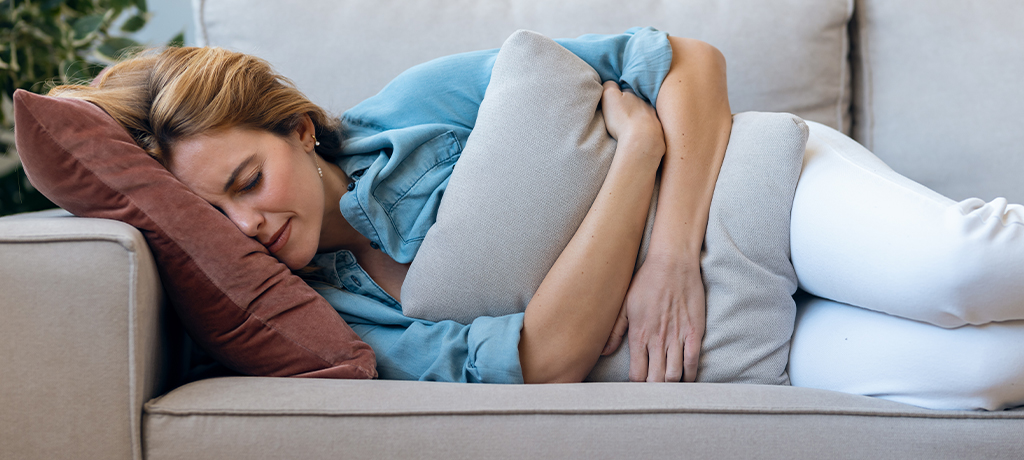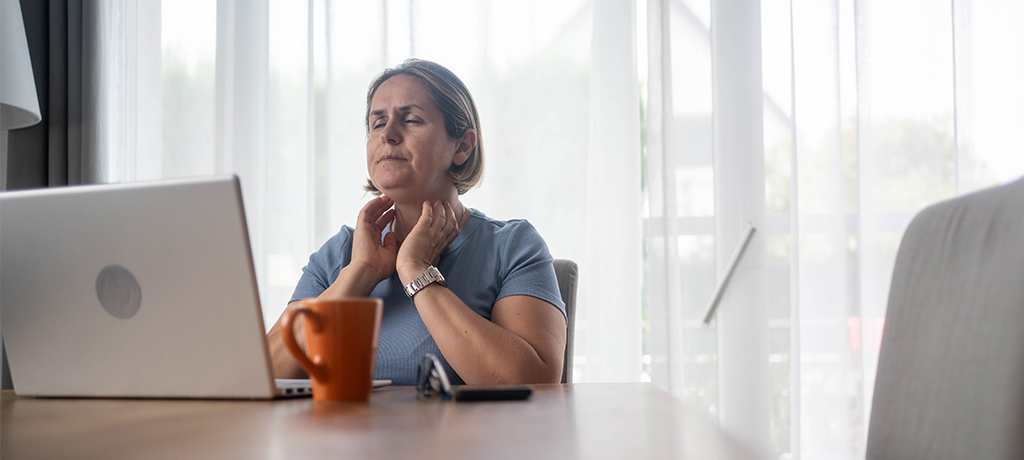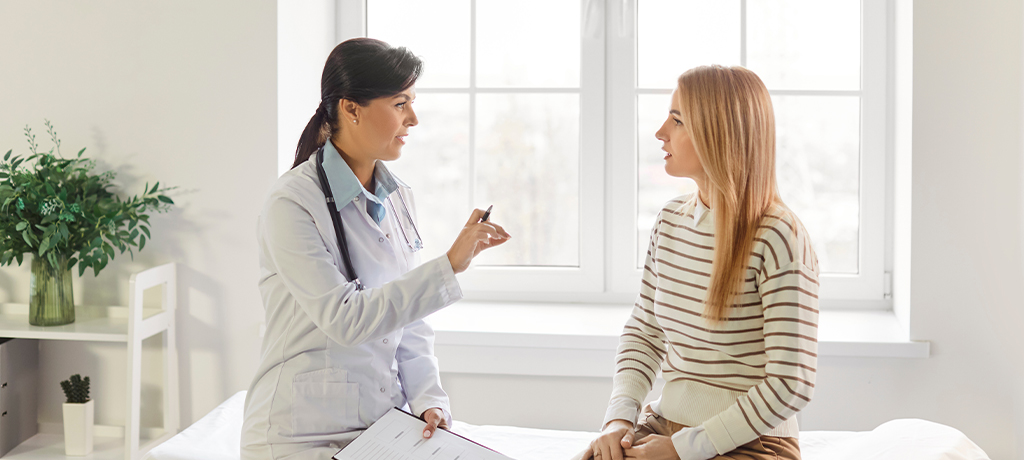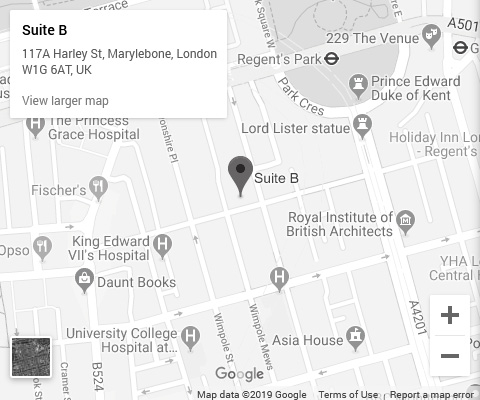
Menstrual pain, or dysmenorrhea, is a common experience for many women in the UK. Whether it’s mild discomfort or debilitating cramps, this monthly challenge can disrupt work, social plans, and even your mood. While over-the-counter painkillers are often the go-to solution, they’re not always the best long-term option. For women seeking effective, natural ways to manage menstrual pain without relying heavily on medication, this guide offers practical advice tailored to life in London and beyond. Let’s explore how small changes in habits, diet, and self-care can make a big difference.
What Causes Menstrual Pain?
Understanding the root cause of menstrual pain is the first step toward managing it. Most women experience primary dysmenorrhea, which stems from hormonal fluctuations during their cycle. Prostaglandins—chemicals that trigger uterine contractions—can lead to cramping as the uterus works to shed its lining. Secondary dysmenorrhea, on the other hand, is caused by underlying conditions like endometriosis, fibroids, or pelvic inflammatory disease. Unlike primary dysmenorrhea, secondary dysmenorrhea typically worsens over time and may require medical intervention.
If you notice symptoms like unusually heavy bleeding, irregular cycles, or excruciating pain that doesn’t improve with natural remedies, it’s crucial to seek medical advice. These could be signs of more serious conditions like endometriosis or fibroids, both of which are treatable but need professional diagnosis.
Top Natural Methods to Relieve Menstrual Pain
Heat Therapy
Heat therapy is one of the simplest yet most effective ways to ease menstrual cramps. Grab a hot water bottle or heat pad (easily found in any UK pharmacy) and place it on your lower abdomen. The warmth helps relax tight uterine muscles and improves blood flow, reducing the intensity of cramps. Many women swear by taking a warm bath during their period—it’s soothing, promotes relaxation, and doubles as a form of self-care.
Herbal Remedies Popular in the UK
The UK has a rich tradition of using herbal teas for wellness, and several options are particularly helpful for menstrual pain:
-
Chamomile Tea: Known for its anti-inflammatory properties, chamomile can reduce muscle spasms and calm nerves.
-
Ginger Infusion: Ginger acts similarly to ibuprofen by lowering prostaglandin levels, making it an excellent natural alternative.
-
Raspberry Leaf Tea: Often recommended for reproductive health, this tea strengthens the uterine muscles, potentially reducing future cramps.
Scientific studies back these herbs’ efficacy, though results vary depending on individual body chemistry. Try incorporating them into your routine and see what works best for you.
Diet & Nutrition Tips
Your diet plays a significant role in how you feel during your period. Here’s what to focus on:
-
Include Omega-3-Rich Foods: Found in salmon, walnuts, and flaxseeds, omega-3 fatty acids reduce inflammation and alleviate cramps.
-
Load Up on Dark Leafy Greens: Spinach and kale are packed with magnesium, which relaxes muscles and eases tension.
-
Avoid Processed Foods and Excess Caffeine: These can exacerbate bloating and irritability.
-
Stay Hydrated: Drinking plenty of water prevents dehydration-related headaches and supports overall well-being.
Physical Activity and Light Exercise
While hitting the gym might sound unappealing when you’re in pain, gentle exercise can actually help. Activities like walking, yoga, or stretching release endorphins—the body’s natural painkillers—and improve circulation. Even a brisk 15-minute walk around Hyde Park can lift your spirits and reduce discomfort.
Relaxation Techniques and Stress Management
Stress can amplify menstrual pain, so prioritising relaxation is key. Practise deep breathing exercises by inhaling slowly through your nose, holding for a few seconds, and exhaling through your mouth. Meditation apps like Calm or Headspace offer guided sessions perfect for beginners. Mindfulness practices, such as focusing on the present moment, can also help shift your mindset and reduce perceived pain.
Essential Oils and Aromatherapy
Essential oils are another fantastic tool for natural pain relief. Lavender oil promotes relaxation, while clary sage balances hormones and reduces cramping. Peppermint oil, known for its cooling effect, can numb localised pain. You can apply diluted oils directly to your skin or use a diffuser to fill your space with calming scents.
Take control of your menstrual health today!
Discover natural and effective ways to manage period pain - read our practical guide now.
Lifestyle Habits to Prevent Severe Menstrual Pain
Prevention is always better than cure. Adopting healthy lifestyle habits can minimise the severity of menstrual pain over time:
-
Maintain a Regular Sleep Schedule: Aim for 7-8 hours of quality sleep each night to regulate hormones.
-
Reduce Alcohol and Tobacco Consumption: Both can worsen menstrual symptoms and disrupt hormonal balance.
-
Manage Long-Term Stress: Chronic stress affects cortisol levels, which can throw your entire system out of whack. Consider journaling, therapy, or hobbies that bring joy.
When Natural Methods Aren't Enough
Despite our best efforts, some cases of menstrual pain require more than home remedies. If you experience symptoms like excessively heavy bleeding, irregular periods, or unbearable pain, don’t hesitate to consult a GP. In the UK, healthcare professionals can provide personalised treatment plans, including prescription painkillers or hormonal therapies like birth control pills. Remember, seeking help isn’t a sign of weakness—it’s a proactive step toward better health.
Myths and Misconceptions About Menstrual Pain
Let’s debunk a few myths that have lingered far too long:
-
“Menstrual pain is normal and something all women must endure.” False! While mild discomfort is common, severe pain should never be ignored.
-
“Exercise makes cramps worse.” Actually, light exercise releases endorphins and improves blood flow, easing symptoms.
-
“Diet doesn’t affect period pain.” What you eat absolutely influences inflammation and hormone regulation.
Promoting informed self-care means understanding what’s fact versus fiction—and taking charge of your own health journey.
Conclusion
Managing menstrual pain naturally involves a combination of strategies tailored to your unique needs. From heat therapy and herbal teas to mindful movement and dietary adjustments, there’s no shortage of tools at your disposal. Experiment with different approaches to find what works best for you, and remember that consistency is key. However, if your symptoms persist or worsen, reach out to a healthcare professional for guidance.
By adopting a holistic approach, you can take control of your menstrual health and reclaim your days—even those challenging ones each month.
Ready to take the next step? Book a consultation with a trusted GP or women’s health specialist in the UK to discuss your symptoms and explore additional options. For natural remedies, check out local health stores or reputable online suppliers like Holland & Barrett. Your body deserves care and attention, and there’s no better time than now to start!






-in-the-UK.jpg)

